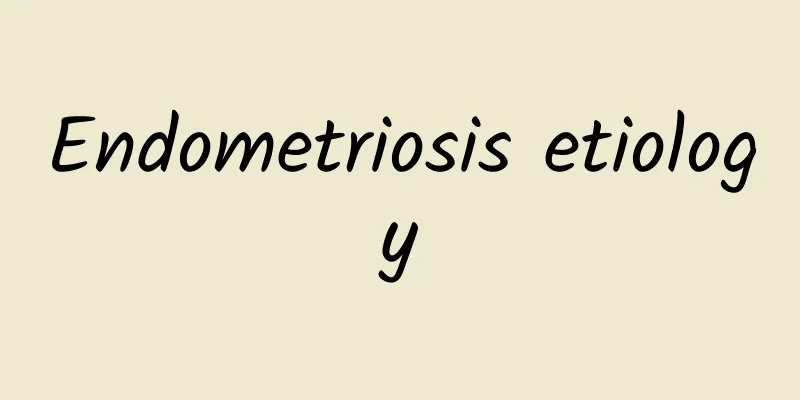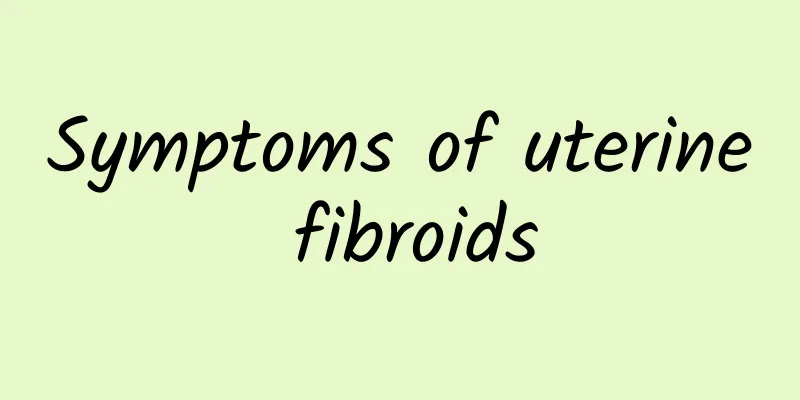Endometriosis etiology

|
Endometriosis is a disease that requires prompt medical attention. Its main feature is the appearance of endometrial tissue outside the uterus. Normally, the endometrium should only grow inside the uterus and be shed every month with the menstrual cycle. If this tissue grows in other places such as the ovaries, fallopian tubes or even the intestines, it can cause a series of problems. Women with endometriosis often experience increased pain and discomfort during menstruation, and some may also face the problem of infertility. Research shows that the cause of endometriosis is not yet fully understood, but some theories provide us with some ideas, such as the retrograde menstruation theory, which refers to the fact that menstrual blood flows back through the fallopian tubes to the pelvic cavity during menstruation, causing endometrial cells to grow in other parts. In addition, immune system abnormalities are also considered to be a potential factor, which may prevent the scattered endometrial tissue from being cleared and grow abnormally. Genetic factors are also believed to be related to this. If a direct relative in the family has this disease, the risk of offspring will increase. The symptoms of endometriosis can vary, with pelvic pain being the most common, followed by excessive menstrual flow, pain during sexual intercourse, and difficulty defecating. Although the cause is complex, treatment can improve symptoms through medication and surgical intervention. Medication is mainly hormonal therapy, which suppresses estrogen levels in the body to relieve pain and control the development of lesions. In severe cases, surgery may be required to remove the ectopic endometrial tissue. If you experience severe menstrual cramps or other suspected symptoms of endometriosis, you should consult a professional doctor as soon as possible for a detailed evaluation and diagnosis. Maintaining a good diet and adequate rest in daily life, as well as proper mood regulation, is also very important. Be sure to have regular gynecological examinations, which is an important preventive measure for timely detection of endometriosis and can also help you deal with any potential health problems in a timely manner. Pay attention to maintaining a healthy lifestyle, which will provide strong support for your entire treatment and recovery process. |
<<: Can you get pregnant with endometriosis?
>>: What is the cause of uterine cold dysmenorrhea
Recommend
Experts explain how Western medicine treats adnexitis
Western medicine is currently a common method for...
Cost of treating endometrial tuberculosis
Women are most afraid of endometrial tuberculosis...
Can I drink coffee during menstruation? You should eat less of these during menstruation.
In order to refresh themselves, many white-collar...
What are the causes of cervicitis in women?
What are the reasons for women to suffer from cer...
What kind of surgery is usually performed for uterine fibroids? How much does it cost to perform surgery for uterine fibroids?
What kind of surgery is usually performed for ute...
Why do dietary guidelines around the world encourage eating fish?
The World Health Organization (WHO) announced tha...
How to treat chronic endometritis?
Nowadays, because women pay less and less attenti...
What is pelvic peritonitis?
Pelvic peritonitis is a common gynecological dise...
What is habitual miscarriage? There are 2 treatments
Habitual miscarriage mainly refers to miscarriage...
What are the symptoms of female cervical erosion? There are three typical symptoms of female cervical erosion.
Cervical erosion is a common gynecological diseas...
What are the specific manifestations of uterine fibroids? If these 5 symptoms appear, you should check them in time.
As for the symptoms of uterine fibroids, we must ...
What kind of surgery is required for uterine fibroid removal? How much does uterine fibroid removal cost?
What surgery to do for myomectomy is a particular...
My legs swell every afternoon - A female Chinese medicine practitioner's daily anti-swelling secret
Every afternoon and evening, my calves become swo...
Can women with ectopic pregnancy still have children?
Can a woman with an ectopic pregnancy still have ...
What medicine is most effective for uterine fibroids? What vegetables can eliminate uterine fibroids?
Uterine fibroids are a common benign tumor in gyn...



![[Video version] Exercise increases immunity, walking has 5 unexpected benefits! Doctor: Can repair joints, improve anxiety and depression](/upload/images/67dcf3a197507.webp)





